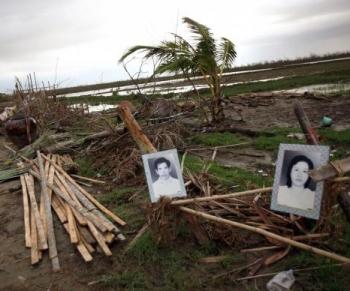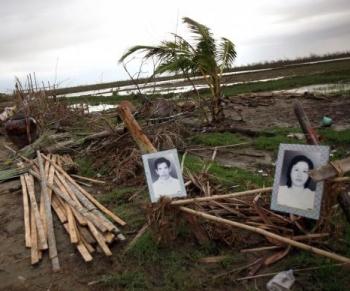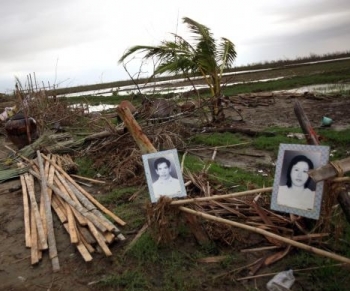Two months after the worst storm in its history obliterated Burma’s coastal regions leaving over two million Burmese homeless, the Australian Burmese community is calling on fellow Australians to support ongoing reconstruction efforts.
Cyclone Nargis initially claimed about 120,000 lives, and Australia–Myanmar Friendship Association (AMFA) president, Evelyn Pe, said this figure is increasing as food shortages and a lack of sanitation create near-unbearable living conditions for survivors.
“After the cyclone, the people suffered a lot. They have nothing left. In some places, I heard they have no clothes, so they have to get clothes from the dead bodies,” she said.
Mrs Pe also said while the storm dissipated long ago, it appears desperately needed relief funds are also subsiding as Burma fades from the news headlines.
“People can’t communicate, people can’t go in and help them – lots of people have forgotten,” she said.
Mrs Pe and her husband, Wen, created a relief fund between AMFA and Mr Pe’s employer, Assisting Collaborative Community Employment Support Services (ACCESS), which sends money directly to local Burmese working in the Ayeyarwady (Irawaddy) Delta, the area most affected by the cyclone.
“There’s no third party involved, the money just goes right to the ground,” Mrs Pe said, adding, “We know how much we’re paid is how much the people can get.”
Mr Pe said organisations such as theirs have an advantage by working directly with friends and family in Burma as it bypasses what he called “Burmese Government red tape” that is thought to divert funds from officially recognised aid organisations for its own purposes.
“Whatever an organisation is coming in with, it doesn’t [all] go to the victims – it goes through the Government, and the Government is cutting their share back for the army,” Mr Pe said.
Mr Pe said Burmese authorities achieve this by manipulating the country’s currency exchange rate, creating a situation where the realistic purchase price is about five times the government rate.
In actual terms, this means money that enters the country through government channels is devalued to one fifth of its original worth, and can only give 20 per cent of the aid intended by its donor.
Assistant Treasurer of another local fundraising body, the Queensland Burmese Buddhist Association (QBBA), Zaw Lwinmaung, said travel restraints on foreigners in the Ayeyarwady Delta means international aid organisations cannot give adequate support to cyclone victims.
“When the actual disaster hit and when we needed the emergency response with experienced expatriates, they weren’t allowed in,” he said.


